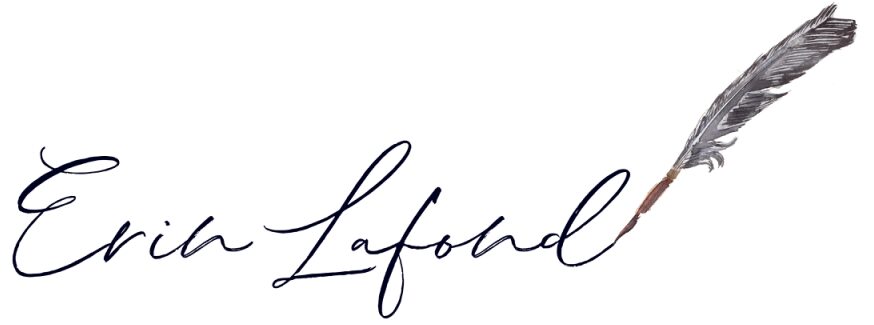What Academics Can Learn from Business Writing
Last updated on July 14th, 2022 at 08:56 am
So, if you’ve read my About page, you know that I work for Boston College as a Writing Fellow. It’s a program where Fellows work one-on-one with students in a specific class. We discuss things like grammar, sentence structure, paragraph composition, and argument construction. It gives the professor a chance to add more writing to their class, and the students a chance to learn writing skills that they can take outside the classroom. The last three semesters I’ve worked with a Business Writing class. The professor takes a unique perspective of the WF program where I’m not allowed to talk about paper content, and, so, I spend the bulk of my time showing students how to make their writing more concise and their paragraphs more focused. This may sound strange if you’re an academic.
Academia loves wordiness. We reward long, complicated sentences, and we don’t think about whether our work is concise enough. There’s an article from The Chronicle of Higher Education called “Why Academic Writing Stinks and How to Fix it.” It explores a lot of problems within traditional academic writing. But I want to focus on one specific issue: wordiness.
When I first start working with students, they talk about how difficult it is to make the switch from academic to business writing. And that’s true. It is difficult. It feels like the opposite of what we’ve spent years learning. So, I’m here to say that business writing and academic writing don’t need to be antithetical. In fact, my writing has improved since I began applying business methods to both my academic and creative work.
Stephen King tells us we need to kill our darlings. When you’re writing, whether academically, creatively, or otherwise, your goal should always be to use the least amount of words to say the most. I’m sure any undergraduates who just read that sentence groaned. I know you have a page count to reach. I’m sorry because I’m telling the truth. Wordiness makes your paper dense and sometimes even confusing. Writing concisely creates page space for a more complicated and developed argument. If no one can decipher your writing, your point remains hidden.
Some examples courtesy of this delightful blog:
The implication is that personal development aids writing development or that writing development can aid personal development, with the result that better psychologically integrated people become better writers. (Case histories of twentieth-century poets and novelists are seldom introduced in these discussions.)
– Lester Faigley, “Competing Theories of Process”
John Ruskin was like an annoying insect buzzing undeterred through the artistic community of Victorian England. […] Most irritatingly, one cannot read his meandering prose without feeling that pompous argument after pompous argument merely serves to prop up some personal like or dislike of the moment, in the midst of an inconsistent philosophy.
– Gregory R. Suriano, “The British Pre-Raphaelite Illustrators” (2015)
How do we combat this problem? The most obvious answer is to hire someone (like me) to edit your work. Yet, not everyone can do that so we turn to best self-editing tool we have: reading aloud. Nowadays, you don’t even need to do it yourself. A computer can do it for you. However, if you can, I still recommend reading it out loud yourself. This helps catch a lot of other issues like typos, missing words, or repetitive language, but it is particularly useful for wordiness. A couple of things to focus on: one, if you read a sentence out loud, and you feel like the sentence is lasting a long time, that’s probably because it is. Two, if you naturally read something out loud that is different from what you wrote, or you’re stumbling over your own words, it’s your brain trying to tell you that your wording could be simpler. Try to read a paragraph of your own work out loud while specifically checking for wordiness and see how concise you can be. Cut as many words as you possibly can without losing your point.
Your ideas may be complicated, but your writing doesn’t need to be.

